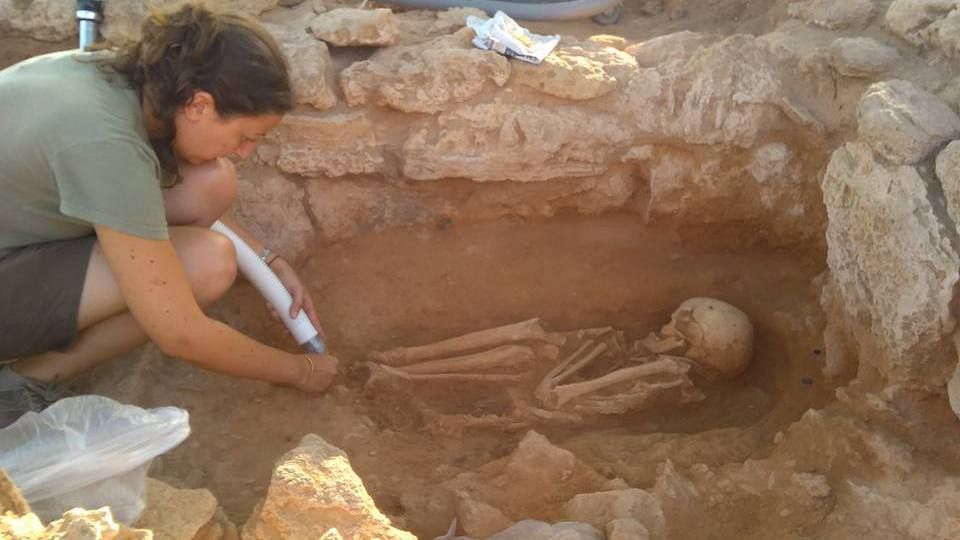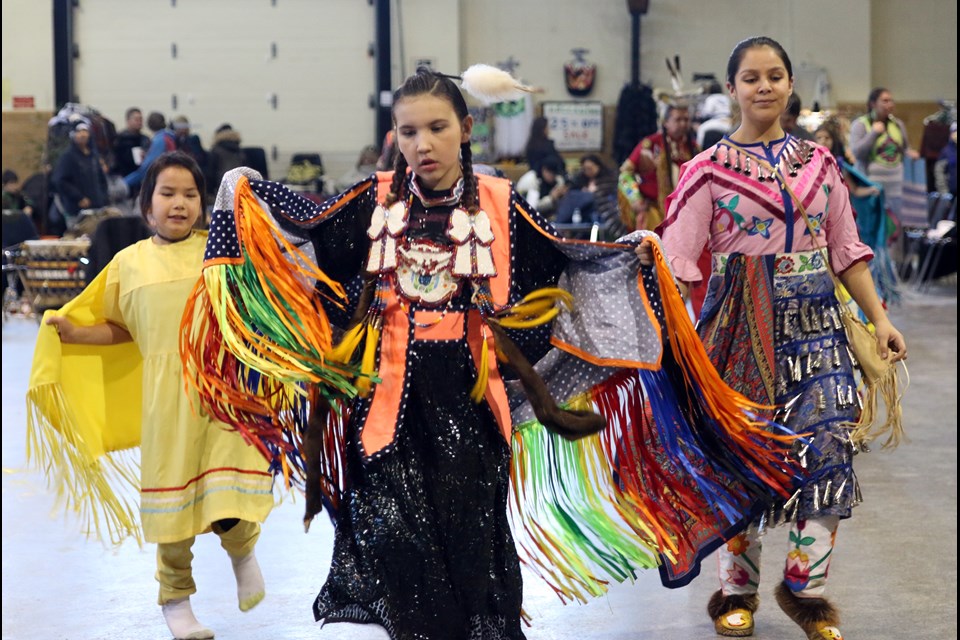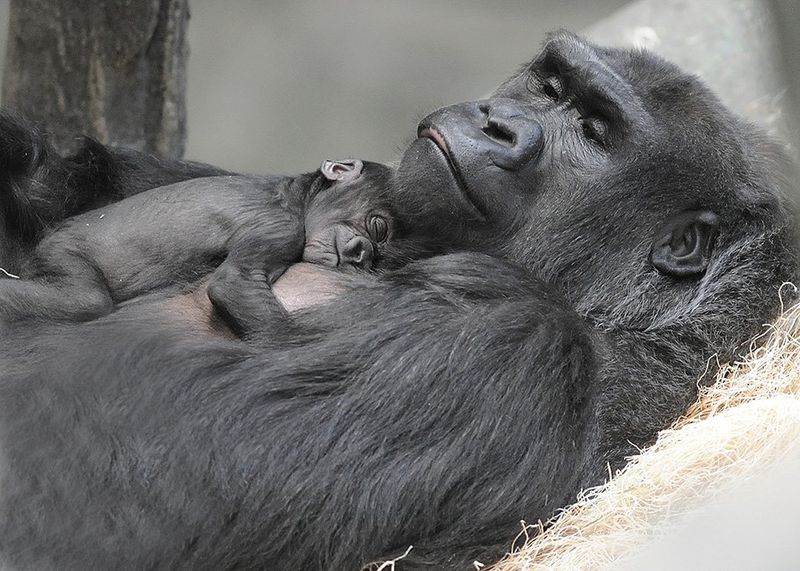Thinking Like an Anthropologist
Introduction to Anthropology
MINDS ON
“
Anthropology is the science which tells us that people are the same the whole world over – except when they are different.
~ Nancy Banks-Smith
“
The purpose of anthropology is to make the world safe for human differences.
~ Ruth Benedict
“
Archaeology is not what you find, it’s what you find out.
~ David Hurst Thomas
What do these quotations say to you about why we study anthropology? What do you think is a central inquiry question anthropologists have?
ACTION
The word anthropology comes from the Greek words “anthropos” (humans) and “logia” (study). Anthropology, then, is the study of humans, both past and present. Anthropologists study human beings as well as our closest related species, the primates (lemurs, monkeys, and apes). Anthropologists study the following fields and subfields of specialization:
- Social and cultural anthropology, which is the study of culture and societies from around the world;
- Ethnography and ethnology, which is the study and analysis of people from around the world through fieldwork and participant-observation;
- Archaeology, which is the study of human societies through what they have left behind as their material remains;
- Physical or biological anthropology, which is the study of human evolution and human biology;
- Paleoanthropology, which is the study of human and primate evolution through the study of fossilized remains;
- Primatology, which is the study of primates including gorillas, chimpanzees, monkeys, and lemurs;
- Forensic anthropology, which is the study of human remains by applying anthropological expertise. The remains might be of a very old specimen, or human remains might be found in a legal setting (ranging from the study of local criminal cases to international cases of war crimes through the excavation of the graves of victims); and
- Linguistic anthropology, which is the study of human language with specialized methods developed to record and analyze languages worldwide and language use in everyday life.
 Fields of Anthropology
Fields of Anthropology
Recall the contribution of people’s ideas in the previous discussion:
- To what field or subfield of anthropology do you think most of your colleagues are referring? How do you know?
- Why do you think this is the most well-known field or subfield of anthropology?
- What seems to be the least known or considered field or subfield of anthropology? Why do you think this is not as well known?
 Venn Diagram
Venn Diagram
Many of us have heard of the following renowned anthropologists: Charles Darwin, Franz Boas, and Jane Goodall.
As you view the following videos, consider what each anthropologist has contributed to our understanding about human beings:
- What do they have in common?
- How do they differ?
- What question would you like to ask each anthropologist about his or her work?
Please use this Venn diagram, or a different organizer, to record and organize your ideas.
 Influential Anthropologists
Influential Anthropologists
Find three anthropologists (12 total) that are associated with each of the following fields of anthropology:
- physical anthropology;
- social cultural anthropology;
- archaeology; and
- linguistic anthropology.
For each, provide the years associated with their work and identify one main contribution he or she has made to the study of anthropology.
For each field of anthropology, identify at least one question anthropologists in this field would ask.
You can refer back to U1A3 for reminders and suggestions of ways to record, organize, and make sense of your information.
CONSOLIDATION
 Cut and Run: A Documentary
Cut and Run: A Documentary
Try it out...
Listen to the podcast, Cut and Run, about Kenyan runners.
Listen for and document multiple ways in which this case study relates to anthropology. Use the following questions and directions to guide your exploration:
- In what specific ways does this case study fit well for an anthropologist? Try to identify multiple fields and/or subfields of anthropology that might relate.
- What are some of the ethical dilemmas that might be involved in this case study? Why are these dilemmas? What is it about anthropological study that can lead researchers into these ethical areas?
- Define the term “ethnocentric.” How might this term relate to this case study? What do anthropologists need to be aware of as they study in their field? What impact might this have on communicating results to others?
- What are your own curiosities about this case? Create your own questions from multiple fields or subfields of anthropology related to information in the case study. Label your questions with the field or subfield of anthropology. You don’t need to find the answers; your questions should show your understanding of multiple fields and subfields of anthropology.


